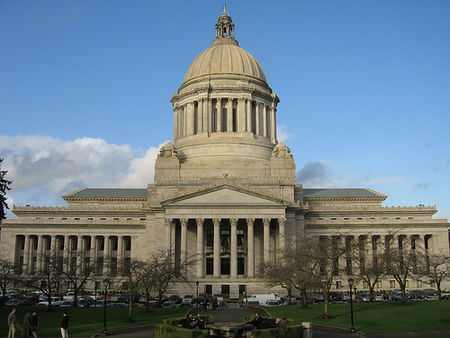We’ve created a growing list of new rules that help communities overcome one of the key barriers for consumers and businesses to develop on-site renewable energy projects and make substantial investments in energy efficiency: lack of access to long-term, low-interest financing.
How the Programs Typically Work
Most states need to change existing statutes to allow cities and counties to issue bonds to finance energy efficiency or renewable energy investments in private homes and businesses and to allow the loan to be repaid through property tax assessments.
The city uses its authority to generate a pool of capital that it loans out to residents and businesses. The terms of existing loans vary, with terms from 5 to 20 years and interest rates varying by as much as 4 percent. The debt stays with the property, not with the homeowner so that when he or she moves, the debt continues to be repaid from a special property tax assessment.
- Visit the Municipal Energy Financing Rules for a look at how cities are structuring their programs
- Visit the Municipal Energy Financing State Enabling Legislation section for an example of how to get cities the authority they need.




